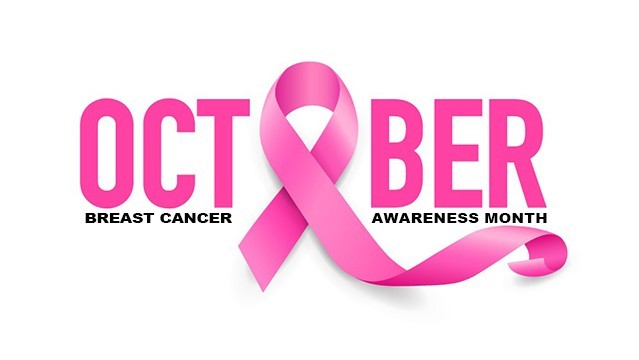October is Breast Cancer Awareness Month, a time when people worldwide come together to raise awareness about this prevalent and potentially life-threatening disease. Breast cancer is the most common cancer among women globally, with millions of new cases diagnosed each year. However, with early detection, education, and support, we can make a significant difference in the fight against breast cancer. In this blog post, we’ll explore the importance of breast cancer awareness and share essential information about prevention, early detection, and support for those affected by this disease.
Understanding Breast Cancer:
Breast cancer is a type of cancer that originates in the cells of the breast. It can affect both women and, though less commonly, men. While the exact cause of breast cancer is not always clear, several risk factors, such as genetics, age, hormonal factors, and lifestyle choices, can increase the likelihood of developing the disease.
Early Detection Saves Lives:
One of the key messages of Breast Cancer Awareness Month is the importance of early detection. Regular breast self-exams, clinical breast exams, and mammograms can help detect breast cancer at its earliest, most treatable stages. Here are some guidelines to keep in mind:
Self-Exams: Learn how to perform monthly breast self-exams. By becoming familiar with your breast tissue, you can quickly notice any changes or abnormalities and seek medical attention promptly. At Healthy Lifestyle Medicine, our providers are happy to teach you how to perform these self exams at home.
Clinical Breast Exams: Visit us at Healthy Lifestyle Medicine for regular clinical breast exams. We can detect lumps or changes in your breast tissue that you might have missed during self-exams.
Mammograms: Mammography is a powerful tool for detecting breast cancer early, especially for women over the age of 40. Ask us about when and how often you should get a mammogram based on your individual risk factors.
Prevention and Risk Reduction:
While some risk factors for breast cancer are beyond our control, there are steps you can take to reduce your risk:
Maintain a Healthy Lifestyle: Eat a balanced diet, exercise regularly, limit alcohol consumption, and avoid smoking to maintain overall health and reduce your breast cancer risk.
Know Your Family History: If you have a family history of breast cancer, discuss your risk with a genetic counselor and explore appropriate screening and prevention options. At Healthy Lifestyle Medicine, we offer the Myriad BRCA test. You can use the following link to put in your personal and family history, it will tell you if you are a candidate or not for this type of testing. One of our staff members will contact you to see if you wish to move forward with the test. My Gene History Questionnaire
Breastfeed: Breastfeeding can lower the risk of breast cancer, so consider breastfeeding if it’s an option for you.
Support and Awareness:
Breast Cancer Awareness Month is not only about prevention and early detection but also about showing support for those affected by breast cancer. Here are some ways you can get involved:
Participate in Fundraising: Join local events or donate to breast cancer charities to support research, education, and patient assistance programs. During the month of October, Healthy Lifestyle Medicine is partnered with Drink for Pink to accept cash donations to help support the cause! Come in to the clinic wearing your pink and bring a cash donation, we will snap a quick picture with our staff and give you a FREE vitamin injection!
Share Information: Spread awareness by sharing informative articles and resources on social media and within your community.
Support Survivors: Offer your support and encouragement to those who are battling breast cancer or have survived it. Your empathy and kindness can make a world of difference.
Breast Cancer Awareness Month serves as a reminder of the importance of early detection, prevention, and support for those affected by breast cancer. By educating ourselves and others, raising awareness, and supporting research and patient care, we can make strides in the fight against this disease. Together, we can empower ourselves and our communities to reduce the impact of breast cancer and, ultimately, save lives.

